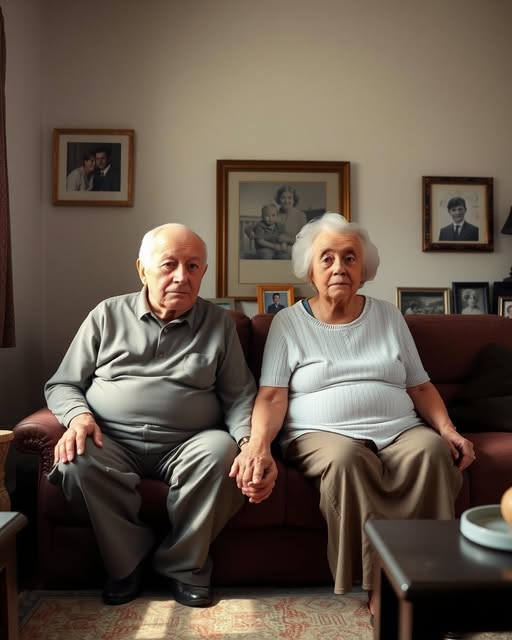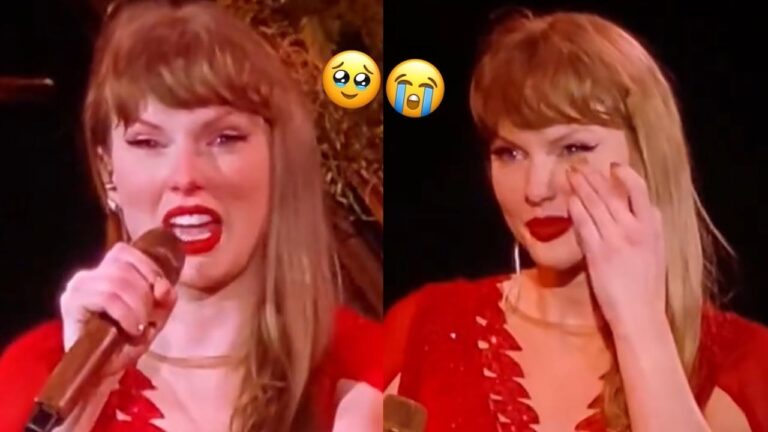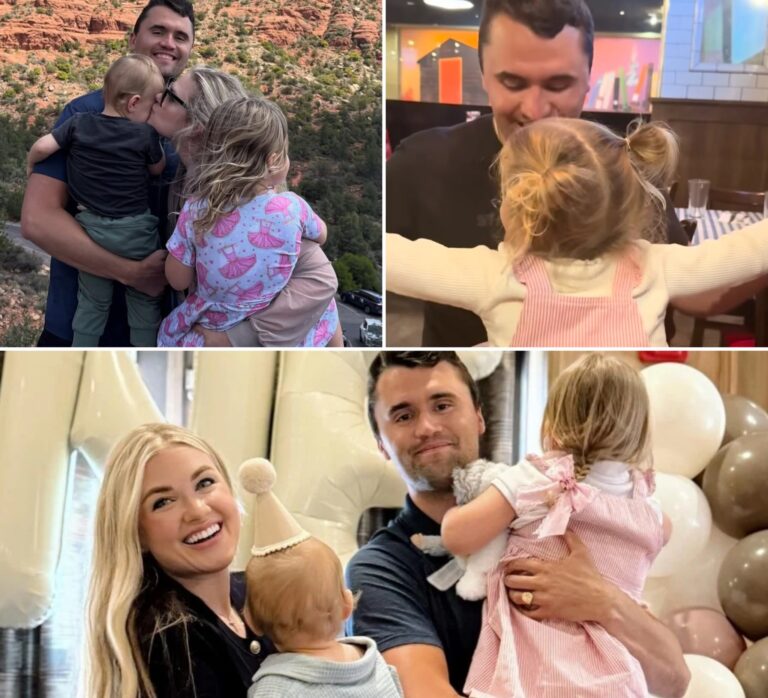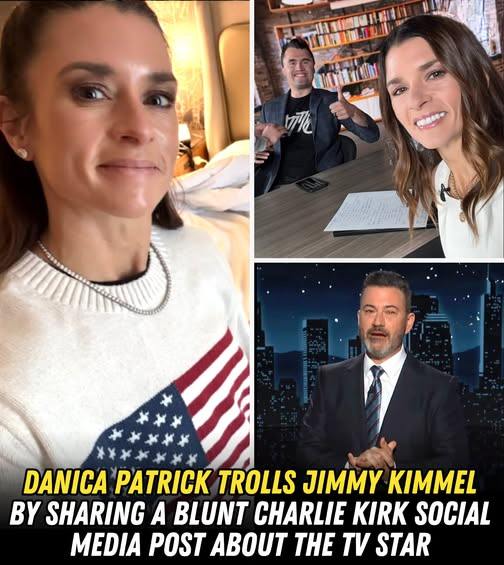
All our lives, we lived for the kids. Not for ourselves, not for success—just for them, our darling three, whom we cherished, spoiled, and sacrificed everything for. Who would have thought that at the end of the road, when health falters and strength fades, we’d be left with nothing but silence and heartache instead of gratitude and care?
John and I knew each other since childhood—grew up on the same street, sat in the same classroom. When I turned eighteen, we married. The wedding was modest; money was tight. A few months later, I found out I was pregnant. John dropped out of university and took on two jobs—anything to put food on the table.
We lived poorly. Sometimes we ate nothing but baked potatoes for days, but we never complained. We knew why we did it. We dreamed our children would never know the pinch of poverty we’d endured. And when things stabilised slightly, I got pregnant again. It was terrifying, but we didn’t hesitate—of course we’d raise this baby too. Blood’s thicker than water, after all.
We had no help back then. No one to babysit, no family to lean on. My mother had passed young, and John’s mum lived miles away, too wrapped up in her own world. I lived between the kitchen and the nursery, while John worked himself to the bone, coming home late with tired eyes and chapped hands from the cold.
By thirty, I had our third. Hard? Absolutely. But we never expected life to be easy. We weren’t the sort to coast. We just kept plodding on. Through loans, through exhaustion, we somehow managed to buy flats for two of them. How many sleepless nights it cost us—only heaven knows. Our youngest dreamed of becoming a doctor, so we scraped together every penny and sent her abroad. We took out yet another loan and told ourselves, “We’ll manage.”
Years flew by like a sped-up film reel. The kids grew up, spread their wings. They had their own lives. And then, suddenly, old age hit—not gently, but like a freight train, with John’s diagnosis. He grew weaker, fading before my eyes. I cared for him alone. No calls, no visits.
When I rang our eldest, Sophie, begging her to come, she snapped, “I’ve got my own kids, my own life. I can’t just drop everything.” A friend later mentioned spotting her at a café with her mates.
Our son, James, blamed work—though that same day, he posted sun-soaked beach snaps from Ibiza. And our youngest, Emily—the one we’d sold half our belongings for, the one with the fancy European degree—just texted, “Can’t skip my exams, sorry.” That was that.
Nights were the worst. I’d sit by John’s bed, spoon-feeding him soup, checking his temperature, holding his hand when pain twisted his face. I didn’t expect miracles—just wanted him to know someone still needed him. Because I did.
That’s when it hit me: we were completely alone. No support, no warmth, not even a scrap of interest. We’d given everything—skipped meals so they could eat, worn threadbare clothes so they’d have the latest trends, never took a holiday so they could jet off somewhere sunny.
Now? Now we were a burden. And the cruelest part? It wasn’t even the betrayal. It was realising we’d been erased. We were useful once. Now we’re just… in the way. They’re young, they’re living, their futures bright. And us? We’re just relics of a past no one cares to remember.
Sometimes I overhear neighbours laughing in the hall—grandkids visiting. Sometimes I see my old friend Margaret arm-in-arm with her daughter…
My heart used to race every time I heard footsteps in the hallway, thinking—hoping—it might be one of the kids. But it never was. Just delivery drivers or nurses for the neighbour down the hall.
John passed quietly one damp November morning. He squeezed my hand once and whispered, “You did good, Nora.” And then he was gone. No one else was there to say goodbye. No flowers, no rushed flights. Just me and the hospice nurse, who cried more than any of my own children did.
I didn’t eat for two days. I couldn’t even bring myself to put the kettle on. The silence was unbearable—thick, heavy, like a wet blanket draped over my life. His side of the bed stayed untouched, even though I hadn’t slept a full night in it for months.
The worst part? I didn’t even feel anger anymore. Just a quiet, aching emptiness. I’d stare at the framed school portraits lined up on the mantle and wonder, Where did it all go wrong?
A few weeks later, I did something I never used to do—I left the front door unlocked. Not because I forgot. Not because I hoped someone might visit. But because I just… didn’t care anymore. If someone wanted to steal the cracked teacups or the old knitting basket, they could have them.
But what happened wasn’t theft. It was a beginning.
It was around 4 p.m.—I remember because Judge Rina was on TV, and I always hated that show. I was folding a towel when I heard a soft knock and then, “Hello?”
I turned, startled, to find a girl standing in the doorway. Early twenties, dark curls, oversized hoodie. She looked hesitant, like maybe she’d expected someone else.
“I’m sorry—uh, I think I’ve got the wrong flat,” she stammered.
I could’ve closed the door and moved on. But I didn’t.
“No worries,” I said. “Would you like a cup of tea?”
She looked at me like I was mad, then nodded. “Sure. Yeah. That’d be nice.”
Her name was Yara. She’d just moved in down the hall after getting kicked out by her stepdad. We sat at the table, sipping lukewarm tea, talking about everything and nothing. She told me how she worked nights at a supermarket. How she felt invisible sometimes.
“I know the feeling,” I told her.
From then on, Yara came by often. Sometimes with a slice of banana bread she swore was “barely edible,” sometimes with an old jigsaw puzzle she’d found in the charity bin. I started looking forward to the sound of her steps.
She didn’t treat me like a burden. She asked questions about John. She laughed at my stories. She even fixed the leaky kitchen tap one day without being asked.
And then, on my birthday—one the kids didn’t remember—she brought a little cake with “Happy B-Day Nora!” scrawled in icing, the “r” smudged. I cried. Not because of the cake. But because she remembered.
Later that night, I got a message from Emily. “Sorry for being out of touch. Things got crazy. Hope you’re doing okay.” No call. Just that.
And you know what? I didn’t feel crushed. I felt… free.
Free from the hope that they’d suddenly become who I always thought they were. Free from the years of bending backward, waiting for crumbs of attention.
I stopped chasing.
I started taking walks again. I signed up for a ceramics class. I planted basil on the windowsill.
Sometimes Yara joins me for dinner. Sometimes she doesn’t. That’s okay. She’s got her own life, but she makes space for me in it.
Last week, I got a letter in the mail. No return address. Inside was a photo—an old one of the five of us at the beach, all sunburnt cheeks and gummy smiles. Behind it, just three words: I’m so sorry.
I didn’t recognize the handwriting. Maybe it was Sophie. Maybe it wasn’t.
I placed the photo on the mantle, right where John used to keep his keys. And I whispered, “It’s okay. I forgive you.”
Because here’s the truth no one tells you—being needed isn’t the same as being loved. We spent our lives being needed. It’s only now, in the quiet, that I’m learning what love actually looks like. It looks like someone who stays, even when they don’t have to.
So, if you’re reading this and you feel forgotten—know this: your story’s not done. Love might show up in a hoodie, not a Hallmark card. Keep the door open. Not for who you lost, but for who might still walk in.
❤️ If this story touched you, give it a like or share it with someone who needs a little hope today. You never know who might be waiting for the door to open.



